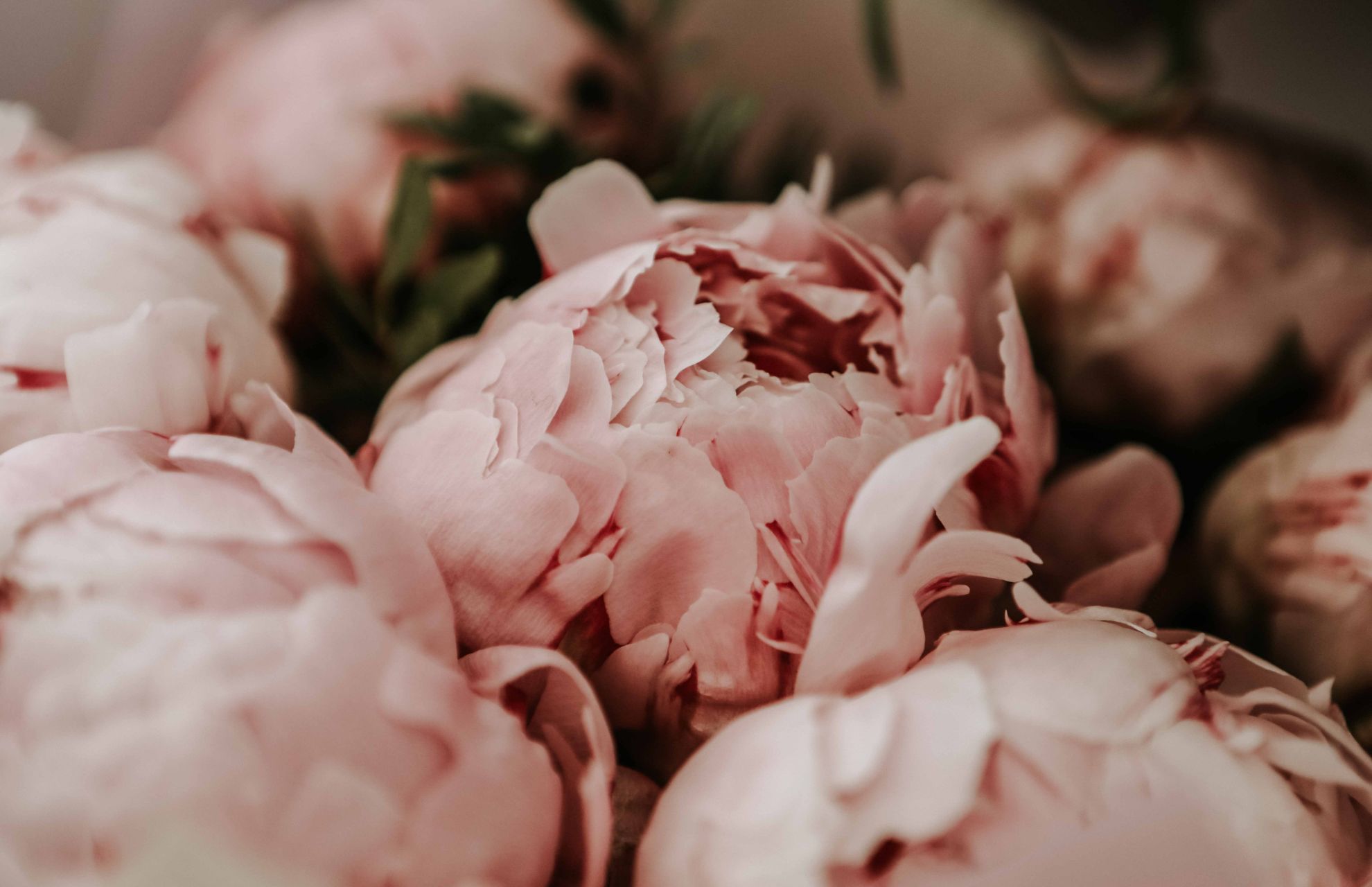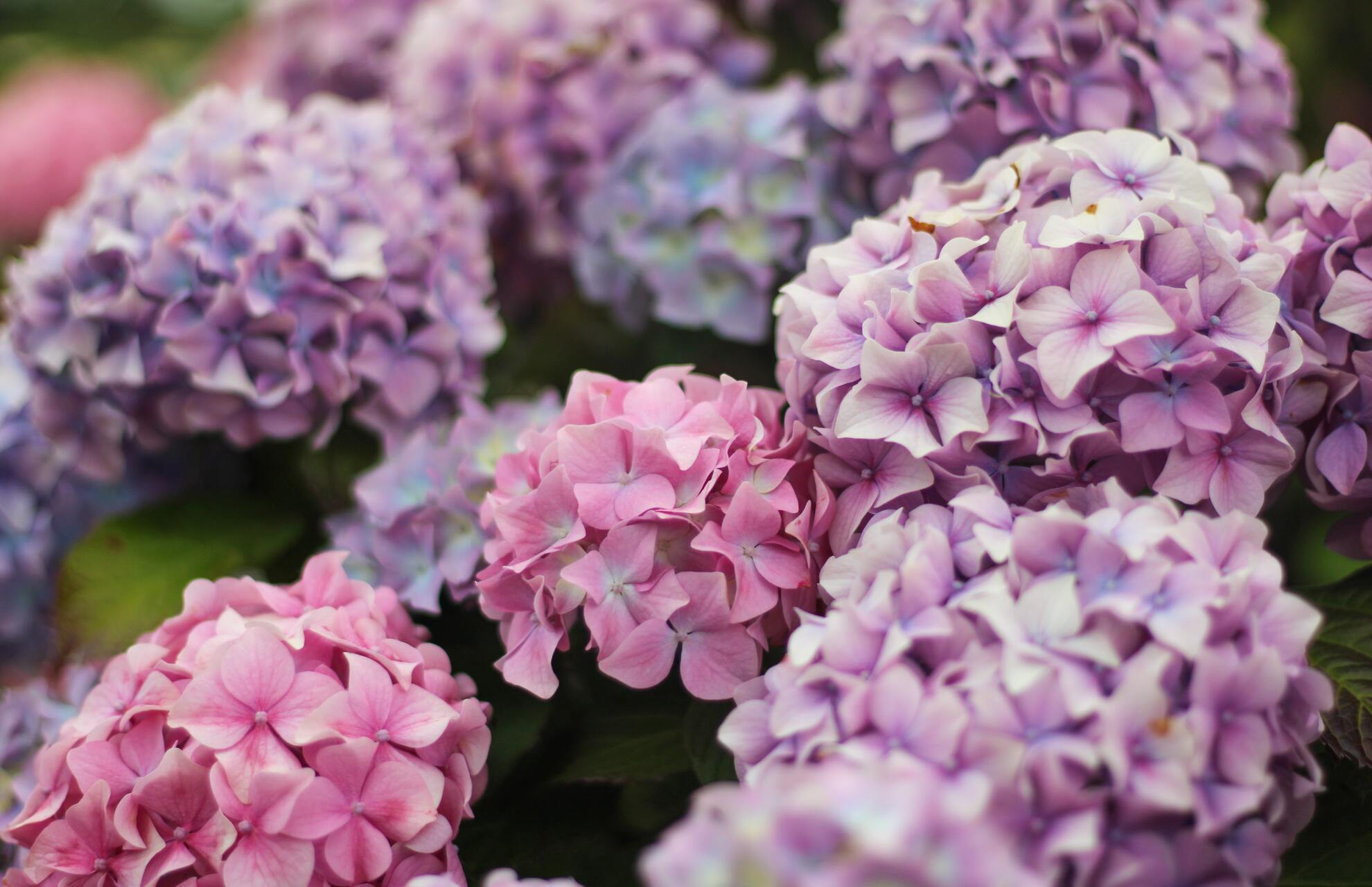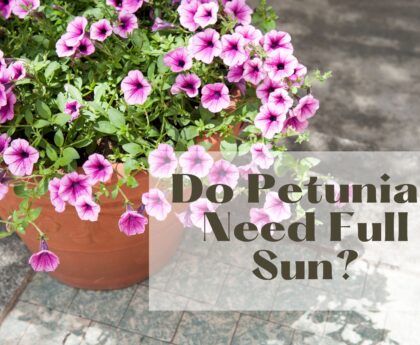One of the most beautiful flowers you can add to your garden is péonies, but you might wonder if the deer in your area will find them as attractive as you do. Will the deer in your community eat your peonies and trample the lovely garden you made?
Peonies are typically not consumed by deer. Due to their overpowering aroma, bitter taste, and texture, peonies are resistant to deer. However, a hungry deer will consume almost anything, including peony flowers. This article will cover how to prevent deer from eating your peonies and maintain their health and beauty throughout the entire growing season.
Deer Preferences
Deer can eat many different kinds of plants. They typically favor the delicate foliage of bushes and perennial herbaceous plants, like hostas and roses. They typically avoid plants like lavender and rosemary that have potent herbal scents.
According to Maryland Cooperative Extension, it’s nearly impossible to guarantee that a plant won’t ever be eaten by deer because the plants that deer eat vary from location to location and from season to season.
What Causes Deer To Eat Peonies?
Peonies have a strong scent, a rough texture, and a bitter taste, which helps explain why deer typically avoid them. After a long winter, deer are most likely to eat peonies in the spring when they are starving, or in the late fall when there are few other food sources left.
Later in the summer, when many other food sources they prefer are available, your peonies are less likely to sustain damage from deer. If they’re hungry enough, deer can seriously harm a large number of peonies in one sitting!
This was supported by a 1999 Cornell University study on the dietary preferences of deer plants. And don’t think that your newer peonies are safer either: deer actually prefer new growth because they’re more tender.
Are Peonies Deer Resistant?
Peonies are thought to be deer resistant because deer do not like their taste or scent of them. They were rated as “seldom severely damaged” in a study on deer-resistant plants Deer are typically deterred by the flowers’ and leaves’ bitter flavor and variety of textures, according to Rutgers University.
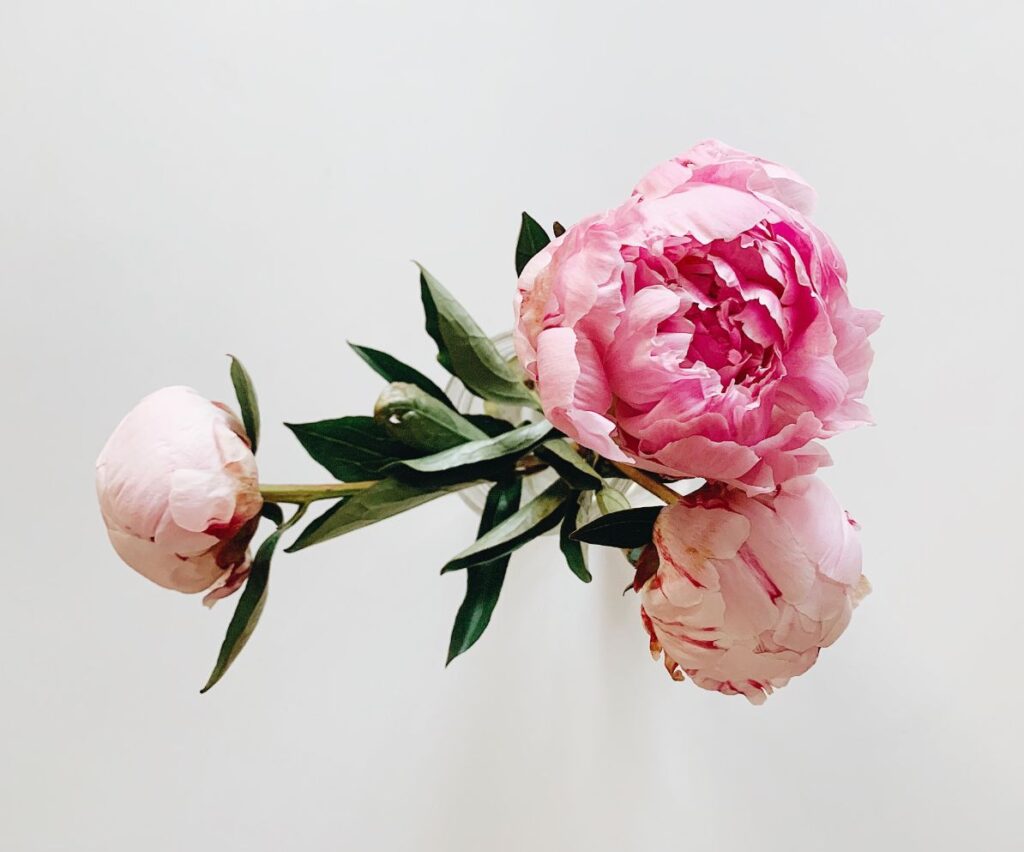
The strong scent of peonies also turns deer away. Deer have a keen sense of smell. Peonies are not completely safe from deer consumption, as we previously mentioned, even though they are resistant to them. Taking extra precautions to keep deer away from your peonies and other plants and flowers is always a good idea.
What To Do If A Deer Has Eaten Your Peonies?
Young leaves, which are highly moist, are particularly beloved by deer. You probably won’t get any flowers that year if a deer consumes all or the majority of the leaves on your peony plant. This is due to the fact that the development and blooming of flowers depend on the leaves, which also supply the energy required for their growth.
If a lot of your peony leaves are devoured by a deer, there may not be enough food available or there may be too many deer in the area. You should seriously consider enclosing your garden with fencing.
This ought to apply to all of your plants, not just your peonies. Just imagine what a deer will do to plants they do enjoy if they have already eaten your peony plants, despite the fact that they don’t typically like it. Undoubtedly, they’ll return repeatedly.
Will My Peonies Grow Back After Deer Eat Them?
Thankfully, if given enough time, care, and attention, peonies can recover from being browsed by deer. Since peony flowers are perennials, they will bloom again every year. Fortunately, peonies are resilient enough to withstand some cutting and browsing by deer in the fall, all the way to the ground. If a deer nibbles on your peonies, simply wait until the following season, and they should bloom again without any issues.
Keeping Your Peonies Safe From Deer
The truth is that until your peonies are planted, you won’t always be able to predict whether or not the deer will try to eat them. Here are a few steps to take when planning your peony garden to prevent damage to your plants:
Plan The Perfect Placement
Deer typically avoid approaching humans. Deer may not bother your peonies if you plant them close to your home.
Of course, you should also check that the plants have everything they need to thrive in that particular location when you plant your peonies. Planting them in poor soil or giving them the wrong lighting is not an acceptable justification for protecting them from deer.
Even moving your peonies is possible if necessary. It may be necessary to move peonies’ plants to a safer location even though many of them get upset when moved. Your peonies have a better chance of avoiding becoming deer food if you move them closer to your home.
Plant Near Other Deer Repellent Plants
Additionally, you might want to think about placing your peonies next to a plant with a potent scent, like lavender. Lavender and peonies not only go well together in terms of appearance, but the lavender’s potent aroma will keep the deer away and protect your peonies.
Fence In Your Garden
Your garden may need to be deer-proofed to safeguard additional plants. Your fence needs to be high enough to stop deer because they can jump very well. If you’re serious about keeping deer off your property, hire a pro and spend money on a high-quality fence.
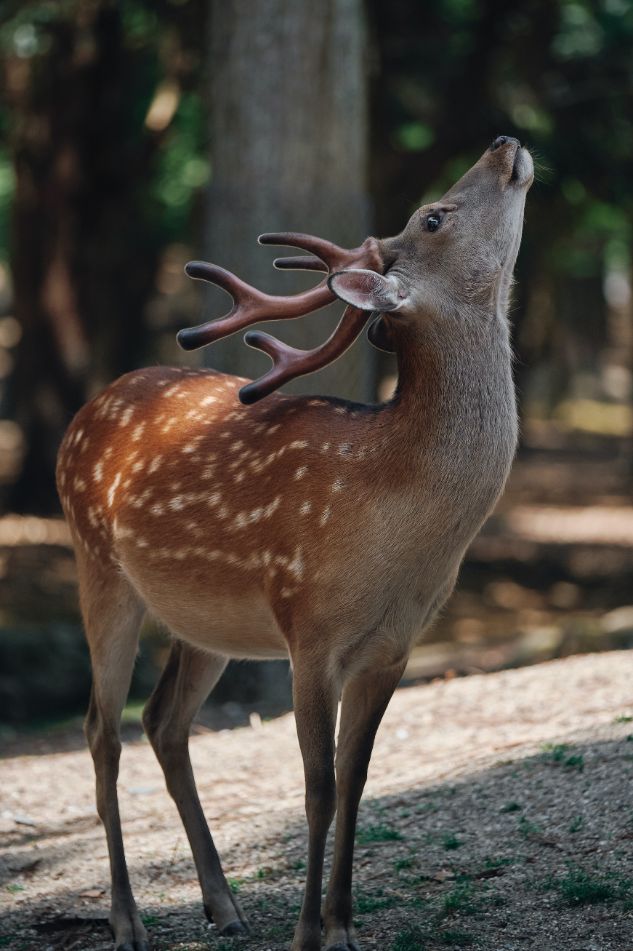
Certain types of terrain, like boulders, may be sufficient to border your garden in some circumstances. To be absolutely certain that deer cannot enter your property, you may occasionally need to install an electric fence. If you would prefer not to use electricity around your home, double fences might also be effective.
Protect Your Peonies By Fencing Them In
It might be simpler to fence just the peonies in your garden rather than your entire backyard if they are the only plant that deer find attractive. Your peonies will stay safe if you cover them with deer netting.
Use Deer Repellents
On the market, there are many different pest deterrent items. A deer repellent with electronics might work for you. Another choice would be to spray your peonies with a deer repellent like Deer Stopper.
You could use both systems at once if the issue is urgent and you don’t have time to experiment. These should deter not only deer but also other animals that might raid your garden in search of your flowers and plants, such as rabbits, squirrels, and other species.
Which Plants Do Deer Enjoy Eating?
Some plants qualify as “deer candy.” We definitely don’t want to use our hard-earned money to set up a deer buffet.
- Avoid planting narrow-leafed evergreens, especially arborvitae and fir.
- Deer also show a particular preference for hostas, daylilies, and English ivy, according to researchers from the White-tailed deer harm to nurseries has been studied by the University of Rhode Island.
Interestingly, a few study participants observed that deer seem to favor fertilized plants over those that haven’t.
Which Plants Do Deer Not Want To Eat?
Not surprisingly, deer tend to stay away from poisonous plants. Deer steer clear of common flowers with toxicity like daffodils, foxgloves, calla lilies, dahlias, and poppies.
- Deer also tend to turn their noses up at fragrant plants with strong scents. Herbs such as sages, ornamental salvias, and lavender, as well as flowers like peonies and bearded irises, are just “stinky” to deer.
- Would you want to eat something prickly? Unless they are in a desperate situation, neither do deer. They avoid eating plants like lamb’s ear on their preferred menu.
Conclusions
Do deer eat peonies, then? Not usually, but if they’re really hungry, they might. Deer tend to avoid peonies, but they occasionally eat them in late fall or early spring when other food sources have run out or when they are starving after a long winter. To prevent your peony garden from becoming deer food and to continue enjoying those fragrant, fresh plants, abide by the above instructions.

